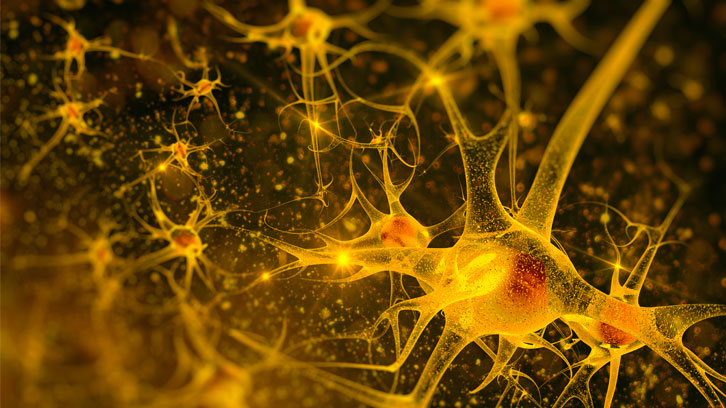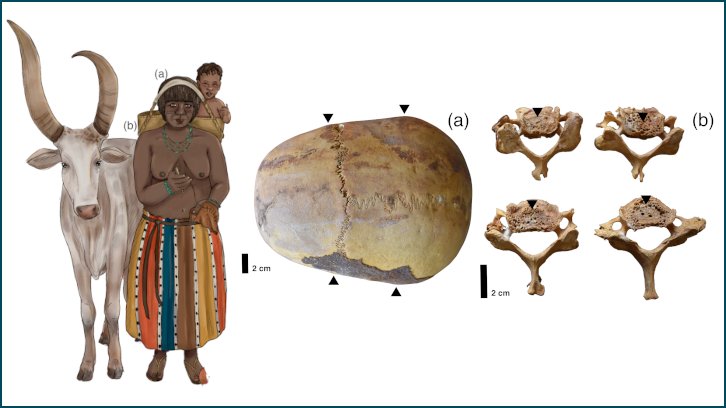Brain Activity and Cognition: A Connection from Thermodynamics and Information Theory

Author: iStock.com/Svisio.
The study of the relationship between brain and cognition is a research field with deep philosophical and scientific roots. Nowadays, no neuroscientist would challenge the idea that our cognitions and thoughts are strongly tied to our neural activity. In fact, the description of this connection is still far from being considered a solved problem.
In a recently published paper in Frontiers in Psychology, Collell and Fauquet consider as a starting point that the brain is both, a thermodynamic system and an information processor. Consequently, neural activity can be modeled in terms of thermodynamics (i.e., energy exchange) and cognitive activity by means of information theory. In fact, a fundamental point of this work is the proposal of a formalization to allow for a connection between both models, neural and cognitive, by means of some well-known theoretical connections between thermodynamics and information theory –disciplines in both of which the concept of entropy is key.
Thermodynamics is a branch of physics that studies the relationships between variables such as heat, energy, work. In turn, it is an appropriate framework extensively used to describe brain activity as an electrical flow that travels from regions of higher potential to regions of lower potential, consuming “free energy” (i.e., useful energy to produce work) in the least possible time. On the other hand, information theory quantifies how much uncertainty there is in a given communication. That is, how unpredictable (or informative) is a certain message and how many bits of information one would need to encode it. This theory has been recently suggested as a general framework to model certain cognitive dynamics.
Previous models generally consider thermodynamic neural activity as separate from cognition. However, in both theories the concept of entropy is core. In thermodynamics entropy describes the amount of “molecular disorder” and in information theory entropy quantifies the “unpredictability” of a message. The authors of this work describe how to connect both entropies in the context of brain and cognition. The proposed theoretical framework would open the doors to a better understanding of the connection between thermodynamic measures of brain activity -such as functional magnetic resonance imaging (fMRI) or electroencephalography (EEG) - with the ongoing cognitive activity and its information load. Further advances in this direction would allow to translate the amount of bits that humans learn or process (cognitively) into the corresponding energetic expense in the brain, and vice versa. This still incipient - yet encouraging - work pretends to foster further formal development of the theory and the design of creative empirical tests.
Computer Science Department, KU Leuven
Research Group in Neuroimage. Institut Hospital del Mar d’Investigacions Mèdiques – IMIM
Parc Recerca Biomèdica de Barcelona – PRBB
gcollell@kuleuven.be
Jordi Fauquet
Department of Psychobiology and Methodology of Health Sciences – UAB
Grupo de Investigación en Neuroimagen. Institut Hospital del Mar d’Investigacions Mèdiques – IMIM
Parc Recerca Biomèdica de Barcelona – PRBB
Jordi.Fauquet@uab.cat
References
Collell, G.; Fauquet, J. Brain activity and cognition: a connection from thermodynamics and information theory. Frontiers in psychology. 2015, num. 6, art. 818. doi: 10.3389/fpsyg.2015.00818.


